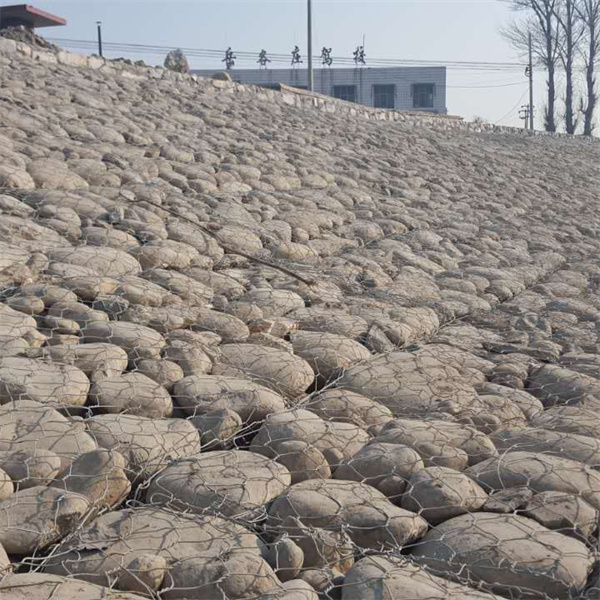აგვ . 06, 2024 14:03 Back to list
Exploring the Benefits and Applications of Narrow Gabion Walls in China’s Infrastructure Development
The Advantages of Narrow Gabion Walls in China
Narrow gabion walls have emerged as a popular solution for various civil engineering and landscaping applications in China. Gabions, which are wire mesh containers filled with rocks or other materials, offer a versatile and effective means of erosion control, stabilization, and aesthetic enhancement. As urbanization continues to rise in China, the need for durable and sustainable construction methods has led to the increased use of narrow gabion walls in both urban landscapes and rural settings.
The Advantages of Narrow Gabion Walls in China
In addition to their structural benefits, narrow gabion walls are eco-friendly and sustainable. The materials used to fill gabions can often be sourced locally, reducing the carbon footprint associated with transportation. Furthermore, gabion walls can promote vegetation growth, as the gaps between rocks create ideal conditions for plants to take root. This not only enhances the aesthetic appeal of the area but also contributes to biodiversity and the ecological balance of the region.
china narrow gabion wall

Another important aspect of narrow gabion walls is their cost-effectiveness. Compared to traditional concrete wall systems, gabion walls require less material and are quicker to install. This is particularly advantageous for large-scale projects, where labor and material costs can escalate quickly. The ability to use local materials also contributes to reducing overall project expenses. In China, where rapid urbanization has led to increased construction demands, gabion walls present a practical solution that balances functionality and economy.
Moreover, narrow gabion walls offer significant design flexibility. They can be constructed in a variety of shapes and sizes, catering to different architectural needs. This adaptability makes them popular among landscape architects and urban planners who are looking to integrate functional structures into their designs seamlessly. Whether utilized in public parks, commercial developments, or residential areas, narrow gabion walls can enhance the landscape while serving their intended purpose.
The aesthetic appeal of narrow gabion walls cannot be overlooked. With their rugged, natural appearance, they can blend harmoniously into a variety of environments. In urban areas, they can break the monotony of concrete structures and provide a more organic look. In rural settings, they can enhance the natural beauty of the landscape, especially when complemented by vegetation. This visual appeal can significantly contribute to the overall value of a property, making gabion walls a wise investment.
In conclusion, the growing popularity of narrow gabion walls in China reflects a broader trend towards sustainable, economical, and aesthetically pleasing construction solutions. Their strength, durability, flexibility, and environmental benefits make them ideal for a wide range of applications, from erosion control to urban landscaping. As China continues to develop and modernize, the adoption of innovative materials and methods, such as narrow gabion walls, will be essential in creating resilient and harmonious living spaces. With their myriad advantages, it is clear that gabion walls will play a significant role in the future of construction and landscape architecture in the country.
-
HESCO Gabion Baskets for Coastal Erosion Prevention
NewsAug.22,2025
-
Longevity and Durability of River Rock Gabion Walls
NewsAug.22,2025
-
How to Integrate Gabion 3D Walls in Urban Planning
NewsAug.22,2025
-
Reno Mattress Gabion Applications in Civil Engineering
NewsAug.22,2025
-
How to Install Wire Mesh for Gabion Baskets Properly
NewsAug.22,2025
-
Best Materials for Filling a Chain Link Gabion
NewsAug.22,2025
-
Wire Mesh Thickness Impact on Gabion Wall Load Bearing
NewsAug.12,2025






